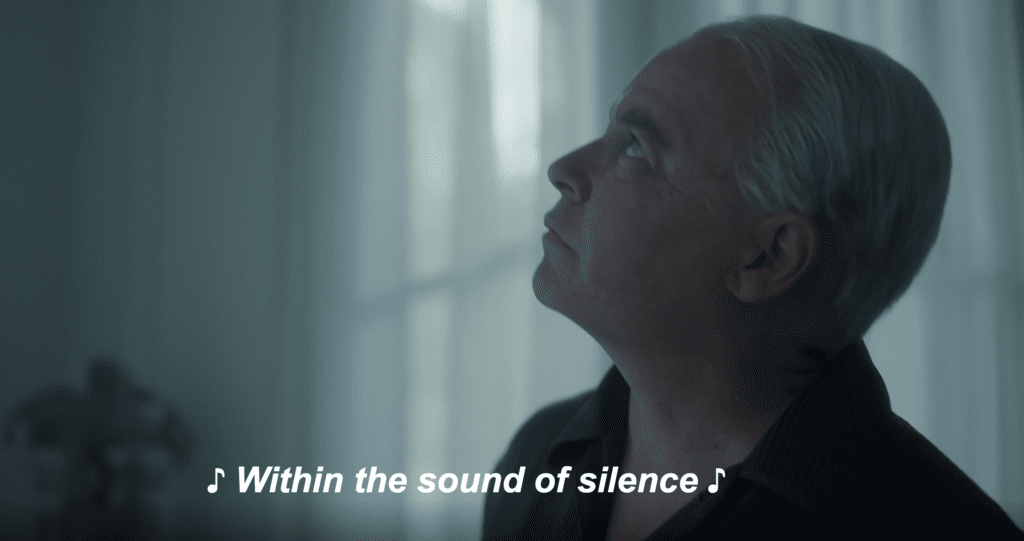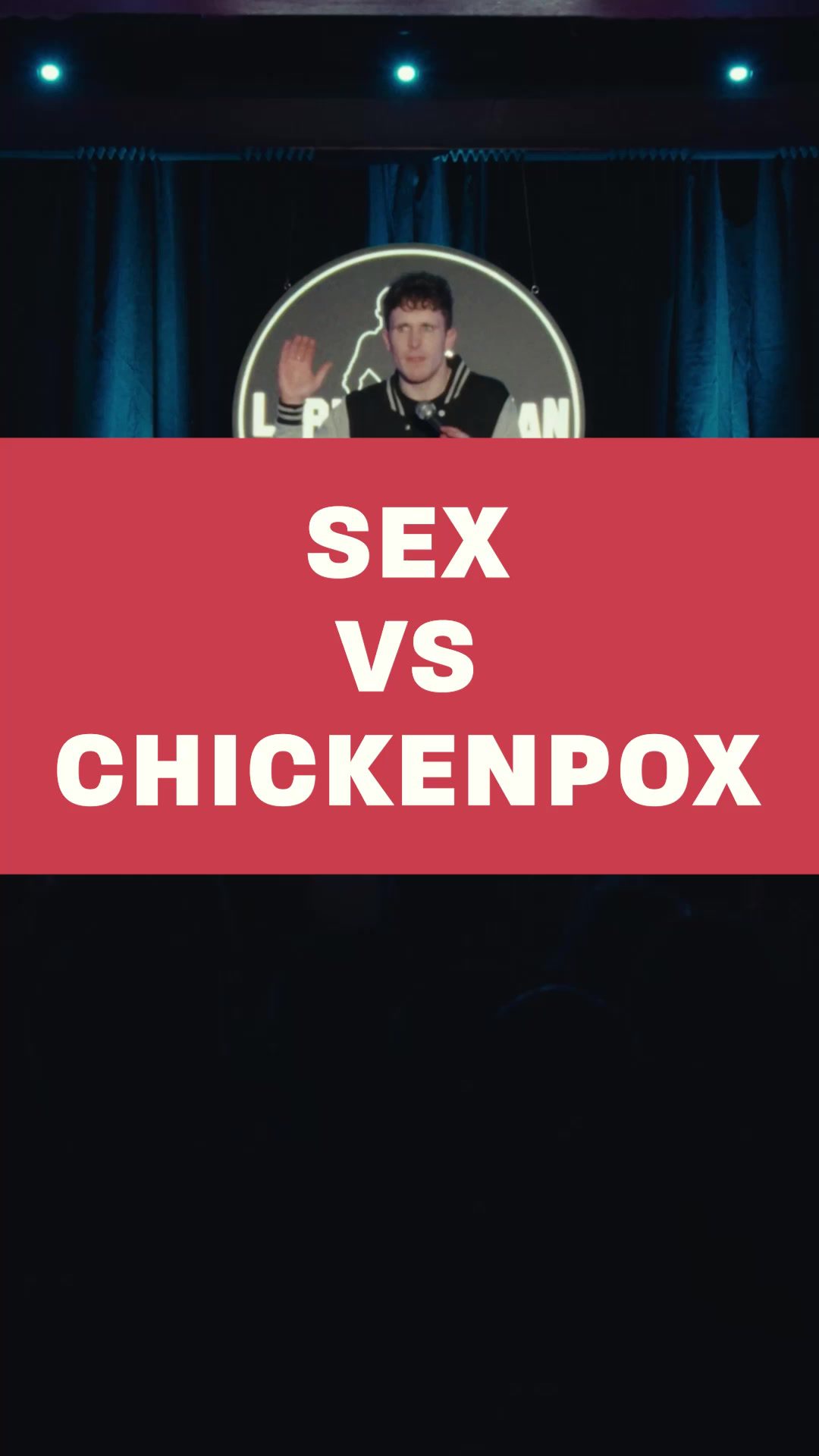As a child, I was taken to see an animated film version of George Orwell’s novel "Animal Farm." Much too young to understand that I was watching an allegory about Stalinism, I assumed that Orwell was a sort of downbeat Disney, making scary kids’ cartoons featuring brutal, dictatorial pigs and overworked horses sent to slaughter.
2023-08-18 16:30:02
Did Orwell's wife help write 'Animal Farm'? A new book explores her role.
Later, I learned what Orwell had intended, but only recently, reading Anna Funder’s "Wifedom," did I discover a new fact (or perhaps a new theory) about "Animal Farm": Orwell wrote it in collaboration with his first wife, Eileen. "The form of the book itself — as fable, novel, satire — was Eileen’s idea. She steered him away from writing a critical essay on Stalin and totalitarianism." Funder cites Orwell biographer Tosco Fyvel: "If Animal Farm is a tale so perfect in its light touch and restraint (almost 'unOrwellian'), I think some of the credit is due to the conversational influence of Eileen and the light touch of her bright humorous intelligence." Eileen’s close friend Lydia Jackson agreed: "Personally, I have little doubt that in a subtle, indirect way Eileen had collaborated in the creation of Animal Farm."
 Watch it now! - The Rise of the TikTok Jester Queen: A Hilarious Impersonation of the British Royal Household
Watch it now! - The Rise of the TikTok Jester Queen: A Hilarious Impersonation of the British Royal HouseholdEileen married Orwell in 1936, and nine years later, at 39, she became ill with cancer. Demoralized by illness and by Orwell’s infidelities, nastiness and neglect (according to Funder), she considered herself unworthy of costly, first-rate medical treatment. Before her bargain-basement hysterectomy, Eileen wrote a letter to Orwell, who was traveling, expressing her hope not to inconvenience him with her problem. "One very good thing is that by the time you get home I’ll be convalescent, really convalescent at last and you won’t have the hospital nightmare you would so much dislike." She succumbed to complications.
Funder takes this fascinating material and creates a peculiar hybrid. "Wifedom" is part biography and part speculative fiction written in the present tense; it includes passages of dialogue and accounts of private thoughts and intimate moments that only the people involved could have recorded or witnessed. ("The sex is strange. Perfunctory. Or performative. It doesn’t seem to be an act of communication at all, or of passion.") Some of this is based on letters from Eileen to her friend Norah Symes Myles, but it is often hard to tell what Eileen confided and what Funder — whose previous books include "Stasiland" and "All That I Am" — invented. Our response to this approach may depend on whether we agree with a line from Muriel Spark’s life of Mary Shelley: "I have always disliked the sort of biography which states ‘X lay on the bed and watched the candle flickering on the roof beams,’ when there is no evidence that X did so."
Added to the mix in "Wifedom" are hefty chunks of memoir in which Funder describes her domestic life: watching Brett M. Kavanaugh’s Supreme Court confirmation hearing with her son, explaining the #MeToo movement to her daughter and living with a husband whose thoughtfulness can’t fully compensate for the power imbalances inherent in a patriarchal system. "The patriarchy is too huge, and I too small or stupid, or just not up for the fight," she writes. "Wifedom is a wicked magic trick we have learned to play on ourselves. I want to expose how it is done and so take its wicked, tricking power away."
 Painkiller: A Hard-Hitting Drama Unveiling the Opioid Epidemic
Painkiller: A Hard-Hitting Drama Unveiling the Opioid EpidemicThe book’s most interesting section concerns the time Orwell spent fighting against Francisco Franco’s army during the Spanish Civil War — an experience he wrote about in "Homage to Catalonia." Eileen was also in Spain at that time, leading a busy, challenging and frequently dangerous existence, working at the Barcelona office of the British Independent Labour Party, outwitting Stalinist spies, trying to help friends and co-workers who were arrested and, in some cases, executed. When Orwell was wounded at the front, she rushed to his side, but her presence there — like most of what she did in Spain — went unremarked in his book. "Orwell spends over 2,500 words telling us of his hospital treatment without mentioning that Eileen was there. I wonder what she felt, later, as she typed them." Scanning the text, Funder finds 37 mentions of "my wife," but "not once is Eileen named. No character can come to life without a name. But from a wife, which is a job description, it can all be stolen."
 Laughing It Up in San Fran: Larry Dean's Hilarious Stand-up Comedy Game Show!
Laughing It Up in San Fran: Larry Dean's Hilarious Stand-up Comedy Game Show!Despite the overwhelming evidence against Orwell that Funder marshals, I found myself feeling that Eileen and George’s marriage must have been a bit more complicated than a straightforward case of patriarchal tyranny, of oppressor vs. oppressed. One thinks of other women who lived around that time (Jean Rhys, Rebecca West, Elsa Morante) and who managed to get some writing done instead of meekly submitting to the emotional abuse of the resident male genius. Funder never fully explains: What was it about Eileen that made her such an easy mark, such a ready victim?
Reading "Wifedom," I felt a bit guilty for how often I thought of Orwell’s brilliant essay "Politics and the English Language," in which he rails against the flaws — vagueness, imprecision, awkwardness, a reliance on jargon and cliché — that plague "Wifedom." Many passages left me wondering what Funder was trying to say: "The first task of the imagination, for the writer, is the creation of the writing self. It’s quite a job, and it helps to have two of you at it: she, believing in you, so you, too, believe in yourself. This nurtured self is then mother to the work. And the work, in turn, becomes evidence of a self: I made, therefore I am."
If you would like to know other articles similar to Unveiling the Untold Contribution: Exploring Orwell's Wife's Influence on 'Animal Farm' updated this year 2025 you can visit the category Entertainment news.



Leave a Reply